CREATIVE TECHNOLOGIES AND STORYTELLING:
CO-CREATING WITH COMMUNITIES IN LIBYA
About the project
This project is working with the OTCAB and civil society to promote social reconciliation/dialogue in the Old City through the co-creation of novel creative interventions that integrate digital technologies and storytelling (e.g., multimodal documentary integrating 3D replicas and people’s stories). This research interviewed members of the different community groups to record stories of conflict, and current needs linked to heritage regeneration after ten years of marginalisation and mismanagement that caused social fractures. This is to support developing policies that respond to the needs of the different user groups and serves social cohesion.
Project team
Co-investigators
Dr Fabrizio Galeazzi, StoryLab Research Institute, Anglia Ruskin University (UK)Reem AlFurjani, Scene: Culture & Heritage (Libya)
Dr Davide Natalini, Global Sustainability Institute, Anglia Ruskin University (UK)
Researchers
Enas Biala (Lybia)Mohammed Elfituri (Lybia)
Links
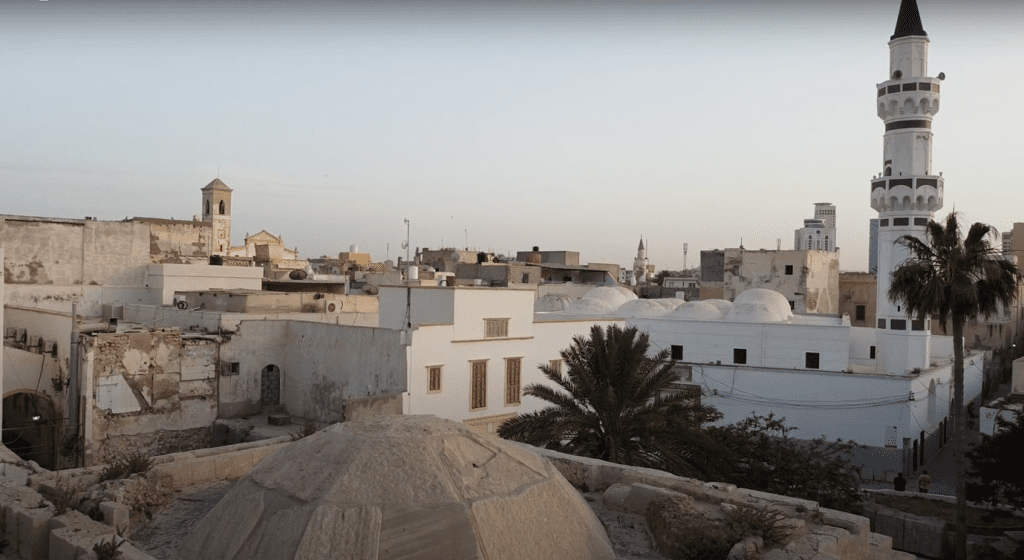

Urgency and innovation
After ten years from the spark of the Arab Spring (2011), it is timely and urgent to develop this research because: 1. A new period of civil internal conflict between armed groups in Libya is still a concrete risk, so it is important to develop new strategies to make communities and their heritage more resilient to future conflicts; 2. The OTCAB has been recently established to support the regeneration of the Old City. It is therefore urgent to develop novel community-centred frameworks that puts communities at the centre of the conversation for the regeneration of heritage.
This project effectively targeted the communities of the Old City which have different cultural backgrounds (i.e., current residents of Tripoli with family roots from the Old City; recent settlers/migrants who do not hold a sense of belonging to the places and represent a discontinuity of their identities and material culture) and therefore different concerns and views on how the cultural spaces and heritage should be managed and preserved.
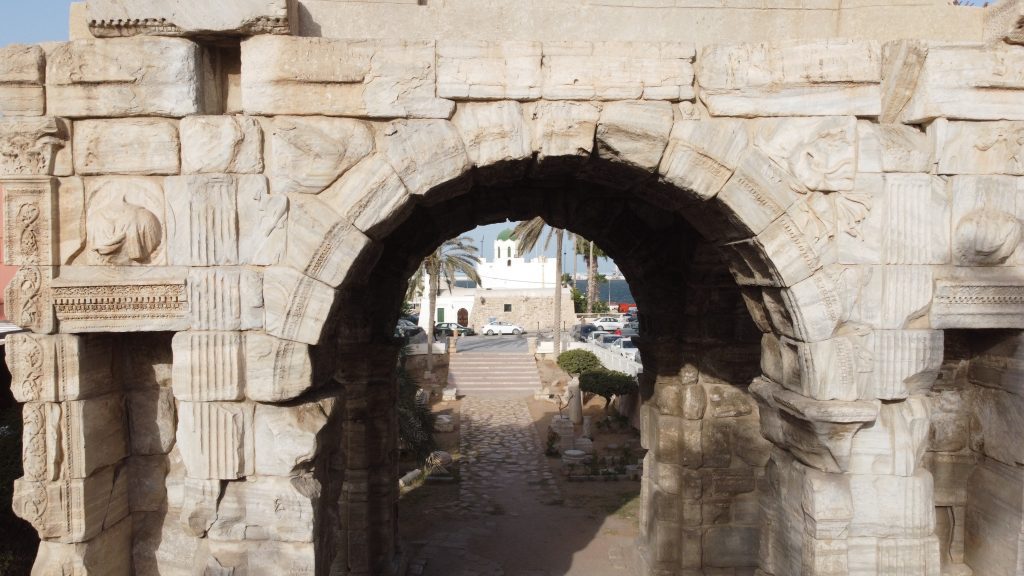
The process
This research aims to engender new research trajectories through the telling of new and ‘unofficial’ stories, and to empower vulnerable communities and provide them with cutting-edge and appropriate instruments to promote sustainable development through a community-centred approach.
This was achieved via a mixed-methodology based on creative and practice-based principles which combine digital technologies and multimodal storytelling. In particular, the project recreated heritage sites in the Old City of Tripoli using 3D technologies and 360 videos and integrated them with recorded stories from members of the communities.
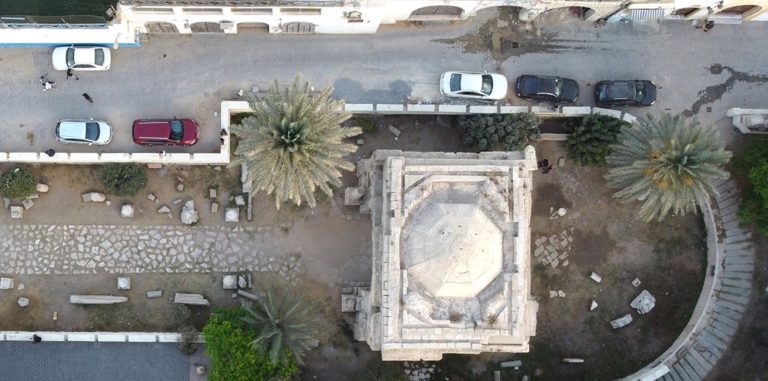
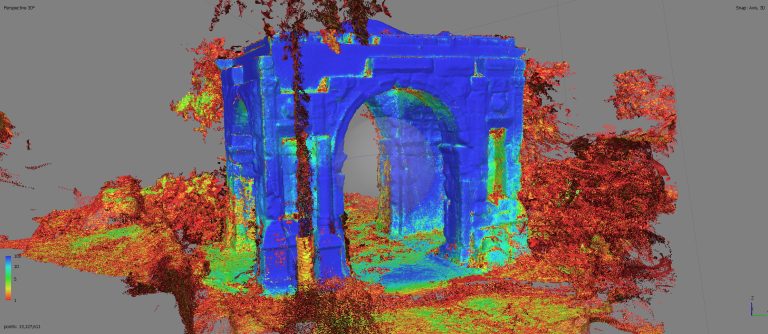
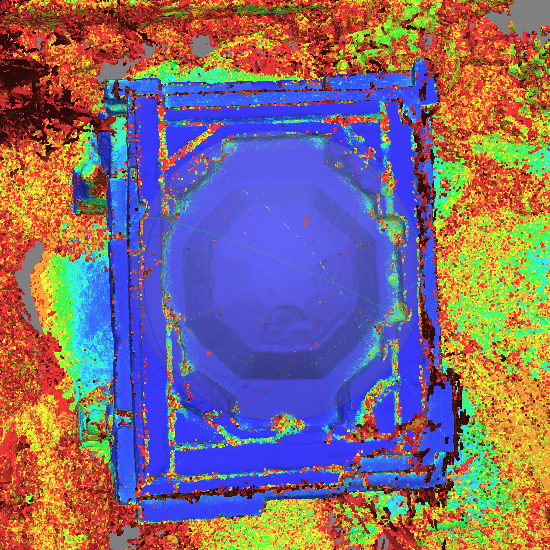
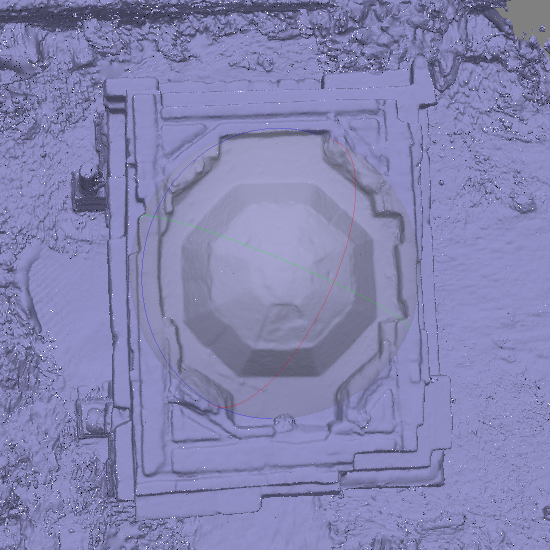
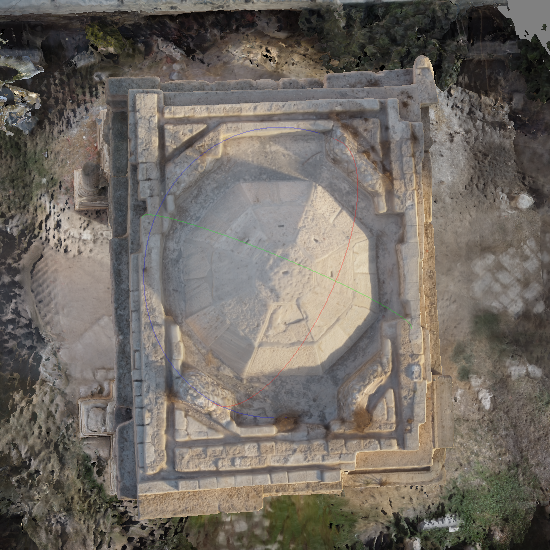
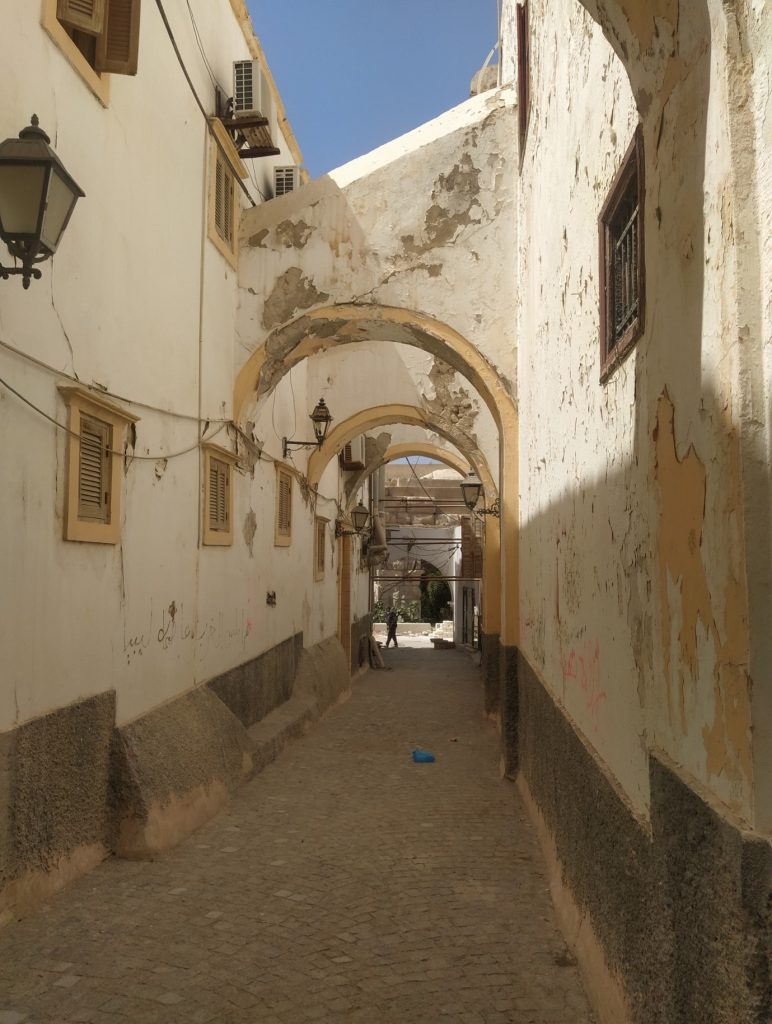
Impact
The data produced are the first of their kind in Libya and will inform management/decision making on the site and create future opportunities of collaboration between OTCAB and civil society for the creation of creative production spaces. The project will also produce the first recorded archive of stories of resilience and 3D/360 reproduced heritage of Tripoli since the spark of the Arab Spring (2011).
This context-specific project will contribute to the field beyond the case study clarifying how heritage-led creative interventions that integrate storytelling practice and digital technologies can help communities to be more resilient to conflict. The research findings have also the potential of informing practices/strategies of other countries of the MENA region that experienced a similar period of profound political and cultural change after the Arab Spring (i.e., the breakdown of effective local government and centralised control over urban development and heritage management, as well as of communities’ cohesion and identity).